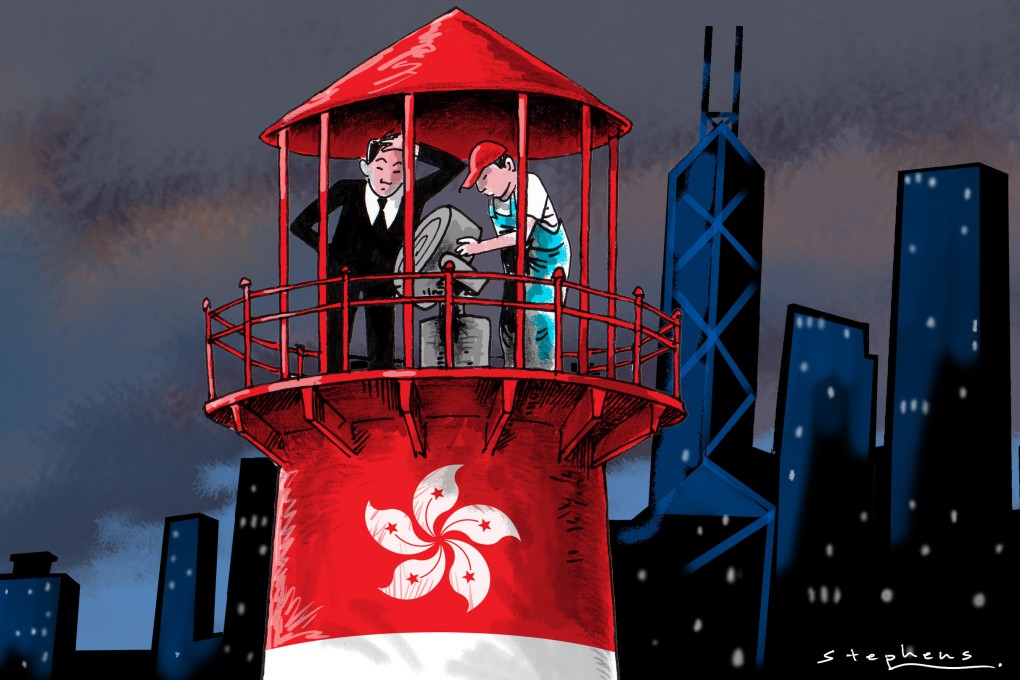Advertisement
Opinion | How the tale of two Hong Kongs can take a more positive turn
- The city is now divided into those who support the political changes in the aftermath of the protests and those who mourn the loss of the Hong Kong they once knew
- However, it is in everyone’s interests to keep ‘two systems’ alive and maintain Hong Kong as a site of progressive experimentation
Reading Time:4 minutes
Why you can trust SCMP
3

There are two Hong Kongs in this city we call home. The first is one that – in the aftermath of the protests of 2019 – is jubilant at the ostensible restoration of law and order. Those in this camp believe the city is back on track and ready to tackle long-standing socioeconomic woes.
This camp argues that, with elections now largely devoid of the anti-Beijing, vocal opposition, it’s time Hong Kong shifted towards a consensus-driven form of government – one without money-backed politics, populist pandering and incessant bickering in the legislature.
There are many in this camp who genuinely believe the city is better off under the radical electoral reforms. Most are neither paid fronts nor are they acting out of ulterior motives.
Advertisement
If the chief executive’s recent policy address and liaison office officials’ visits to various groups, including residents of “cage homes”, are signs of reforms to come, that’s good news, especially for the more than 1 million people below the poverty line and the hundreds of thousands living in subdivided flats. Redistributive and pro-mobility reforms are long overdue.
Yet it remains open to question to what extent the transformation of Hong Kong’s political institutions will succeed without disillusioned members and groups within civil society on side.
The second Hong Kong, meanwhile, comprises those who lament the changes to the city in recent months. They feel the Hong Kong they knew – with a vibrant, at times raucous civil society, where free speech was a given and performative dissent part and parcel of daily politics – is no more. Many in this camp harbour deep animosity towards the establishment and, by extension, Beijing.
Advertisement
Select Voice
Select Speed
1.00x
.png?itok=bcjjKRme&v=1692256346)